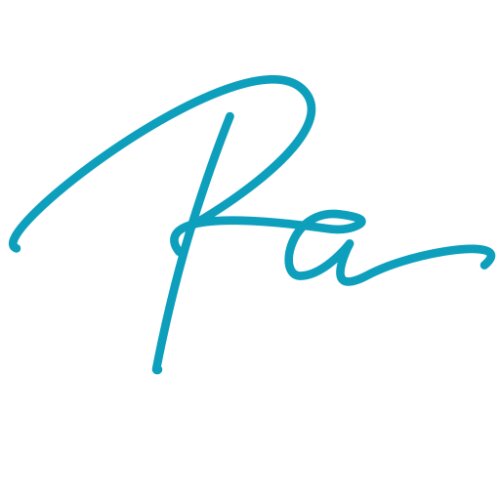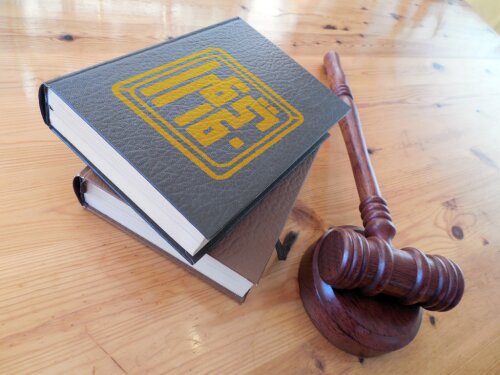Best Communications & Media Law Lawyers in Doha
Share your needs with us, get contacted by law firms.
Free. Takes 2 min.
List of the best lawyers in Doha, Qatar
About Communications & Media Law in Doha, Qatar:
Communications & Media Law in Doha, Qatar, encompasses regulations that govern the dissemination of information through various platforms such as print, broadcast, online media, and telecommunications. These laws aim to protect freedom of speech while also ensuring that content complies with ethical standards and does not violate privacy or defamation laws.
Why You May Need a Lawyer:
There are various situations where you may require legal assistance in Communications & Media Law, such as defamation claims, intellectual property disputes, contract negotiations, privacy violations, licensing agreements, and regulatory compliance issues. A lawyer can help you navigate these complex legal matters and protect your rights.
Local Laws Overview:
Key aspects of local laws relevant to Communications & Media Law in Doha, Qatar, include the Press and Publications Law, Cybercrime Law, Media Regulation Law, Intellectual Property Law, and Data Protection Law. These laws outline the rights and responsibilities of individuals and organizations in relation to media content, freedom of expression, digital rights, and privacy protection.
Frequently Asked Questions:
1. What is considered defamation in Qatar?
In Qatar, defamation refers to making false statements that harm someone's reputation. It can be either a criminal or civil offense, depending on the severity of the harm caused.
2. How can I protect my intellectual property rights in Qatar?
You can protect your intellectual property rights in Qatar by registering your trademarks, copyrights, and patents with the relevant authorities. It is advisable to seek legal advice to ensure full protection.
3. What are the limitations to freedom of speech in Qatar?
While Qatar upholds freedom of speech, there are limitations to protect national security, public order, morals, and the rights of others. It is important to be aware of these limitations to avoid legal repercussions.
4. What are the penalties for violating media laws in Qatar?
Penalties for violating media laws in Qatar can include fines, imprisonment, and the suspension or closure of media outlets. It is crucial to comply with regulations to avoid legal consequences.
5. How can I ensure my media content complies with local laws?
To ensure your media content complies with local laws, you should seek legal advice, conduct thorough research on regulations, obtain necessary licenses, and adhere to ethical standards in journalism and broadcasting.
6. Can I sue for invasion of privacy in Qatar?
Yes, you can sue for invasion of privacy in Qatar if someone unlawfully intrudes into your private affairs, discloses sensitive information without consent, or violates your right to privacy. Legal action can be taken to seek compensation for damages.
7. Are there restrictions on foreign media outlets operating in Qatar?
Foreign media outlets operating in Qatar are subject to regulations that govern their activities, content, and licensing requirements. It is essential for foreign media entities to comply with local laws to operate legally in the country.
8. Can I challenge a government decision related to media censorship?
You can challenge a government decision related to media censorship through legal channels such as administrative appeals, judicial review, or filing a lawsuit. It is advisable to seek legal representation to navigate the legal process effectively.
9. What are the rights of journalists in Qatar?
Journalists in Qatar have the right to freedom of expression, access to information, protection of sources, and fair treatment. It is important for journalists to uphold professional ethics and abide by media laws while reporting on public interest matters.
10. How can I file a complaint against media misconduct in Qatar?
You can file a complaint against media misconduct in Qatar by submitting a formal complaint to the relevant regulatory authority, such as the Ministry of Communication or the Qatar Media Council. It is essential to provide detailed information and evidence to support your claim.
Additional Resources:
For additional resources related to Communications & Media Law in Doha, Qatar, you can refer to the Ministry of Communication website, Qatar Media Council, Qatar National Library's legal databases, and local law firms specializing in media law.
Next Steps:
If you require legal assistance in Communications & Media Law in Doha, Qatar, it is recommended to consult with a qualified lawyer who has expertise in this field. You can schedule a consultation to discuss your specific legal needs, receive guidance on potential solutions, and understand your rights and obligations under local laws.
Lawzana helps you find the best lawyers and law firms in Doha through a curated and pre-screened list of qualified legal professionals. Our platform offers rankings and detailed profiles of attorneys and law firms, allowing you to compare based on practice areas, including Communications & Media Law, experience, and client feedback.
Each profile includes a description of the firm's areas of practice, client reviews, team members and partners, year of establishment, spoken languages, office locations, contact information, social media presence, and any published articles or resources. Most firms on our platform speak English and are experienced in both local and international legal matters.
Get a quote from top-rated law firms in Doha, Qatar — quickly, securely, and without unnecessary hassle.
Disclaimer:
The information provided on this page is for general informational purposes only and does not constitute legal advice. While we strive to ensure the accuracy and relevance of the content, legal information may change over time, and interpretations of the law can vary. You should always consult with a qualified legal professional for advice specific to your situation.
We disclaim all liability for actions taken or not taken based on the content of this page. If you believe any information is incorrect or outdated, please contact us, and we will review and update it where appropriate.

















